Retinol, also known as vitamin A, is a widely recognized star ingredient in the realm of skincare, particularly for its powerful anti-aging properties and versatility. It is celebrated for its ability to significantly improve skin appearance, reduce signs of aging, and restore a youthful glow. Retinol’s extensive use in skincare products has made it a top choice among skincare enthusiasts and dermatologists alike.
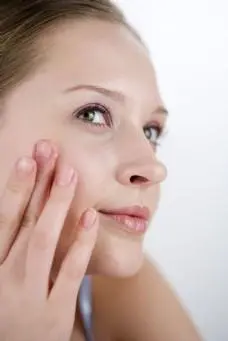
1. How Retinol Works

Retinol works by promoting skin cell turnover and metabolism. As we age, the skin’s metabolic rate slows down, leading to the buildup of dead skin cells that cause the skin to appear dull and rough, and make wrinkles and fine lines more noticeable. Retinol accelerates the cell turnover process, allowing new cells to replace old ones more quickly, which improves skin texture and radiance.
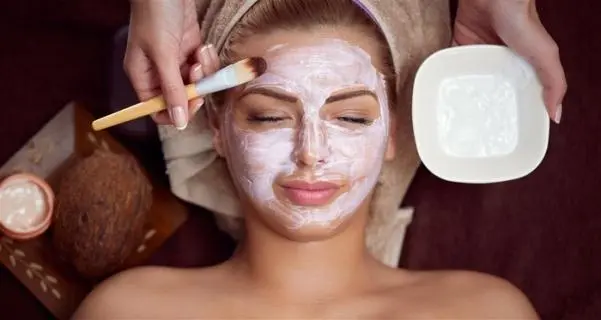
In addition, retinol stimulates collagen production in the skin. Collagen is a key protein that maintains the skin’s elasticity and firmness. As we age, collagen production decreases, leading to sagging skin and wrinkles. By boosting collagen production, retinol enhances skin elasticity, making it appear firmer and smoother.

2. Skincare Benefits of Retinol
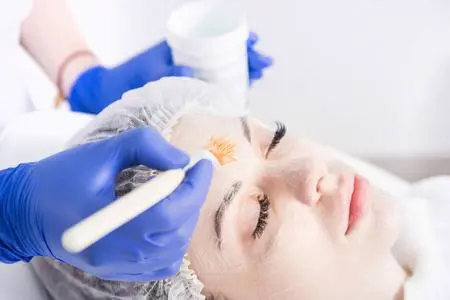
The primary skincare benefits of retinol include reducing wrinkles and fine lines, improving uneven skin tone and hyperpigmentation, enhancing skin elasticity, and preventing clogged pores and acne. Retinol penetrates deep into the skin, delivering long-lasting and noticeable anti-aging effects.

Reduces Wrinkles and Fine Lines: Retinol significantly reduces both surface and deep wrinkles and fine lines by promoting cell turnover and collagen production, making the skin look smoother and younger.
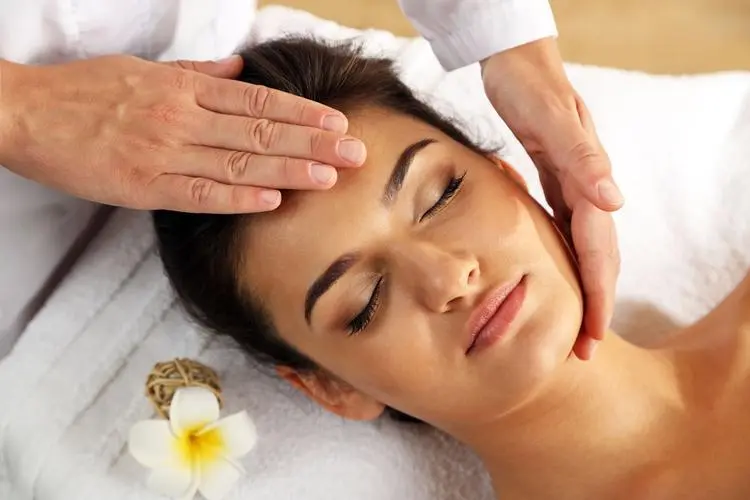
Improves Uneven Skin Tone: Retinol helps reduce melanin production, which lightens dark spots and sun spots, resulting in a more even skin tone and a radiant complexion.
Enhances Skin Elasticity: By stimulating collagen synthesis, retinol increases skin elasticity and firmness, reducing the appearance of sagging skin.

Prevents Clogged Pores and Acne: Retinol regulates sebum production and promotes skin cell metabolism, helping to keep pores clear and preventing acne breakouts.
3. How to Use Retinol
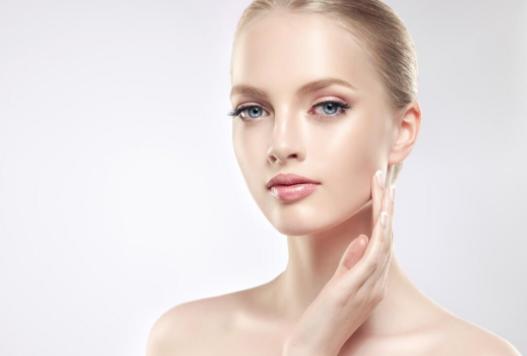
While retinol offers remarkable anti-aging benefits, it can also cause skin irritation, especially for first-time users. Therefore, it’s important to follow specific guidelines when using retinol.
Introduce Gradually: First-time retinol users should start with a low-concentration product and gradually increase usage frequency. For example, start by using it twice a week for the first week, then gradually increase to every other night, and eventually every night as the skin builds tolerance.
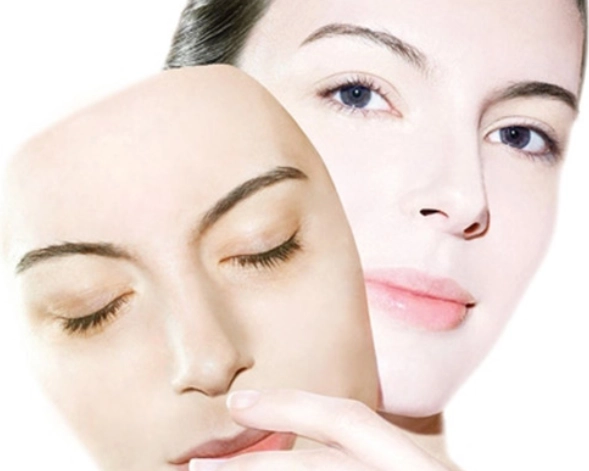
Use at Night: Retinol should be applied at night, as it can break down in sunlight and may increase skin sensitivity to UV rays. If using retinol during the day, be sure to apply a high-SPF sunscreen to protect the skin.
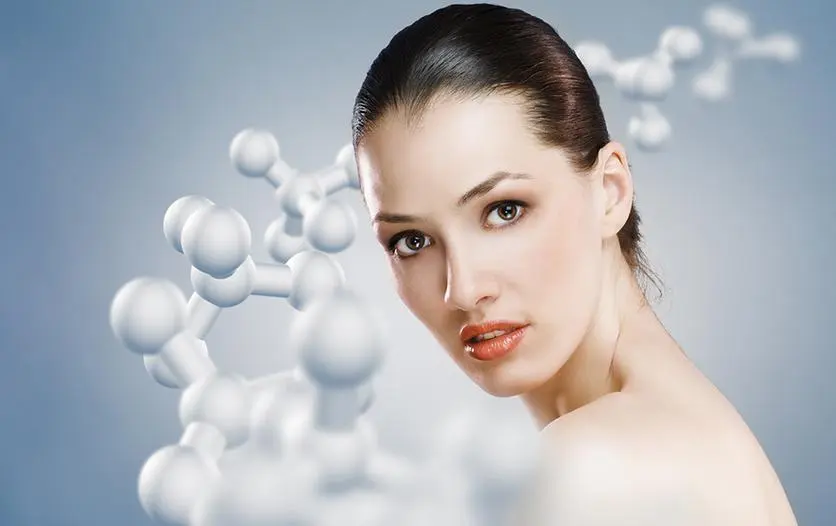
Pair with Moisturizers: Retinol can cause dryness, so it’s essential to pair it with a hydrating moisturizer to minimize dryness and peeling.
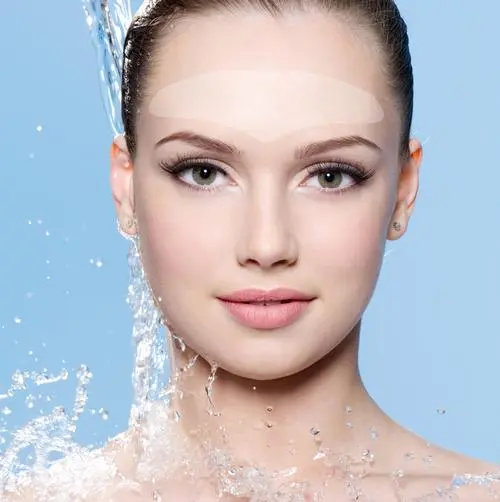
Avoid Sensitive Areas: When applying retinol, avoid the eye area and lips, as these are more sensitive and prone to irritation.
4. Long-Term Benefits of Retinol
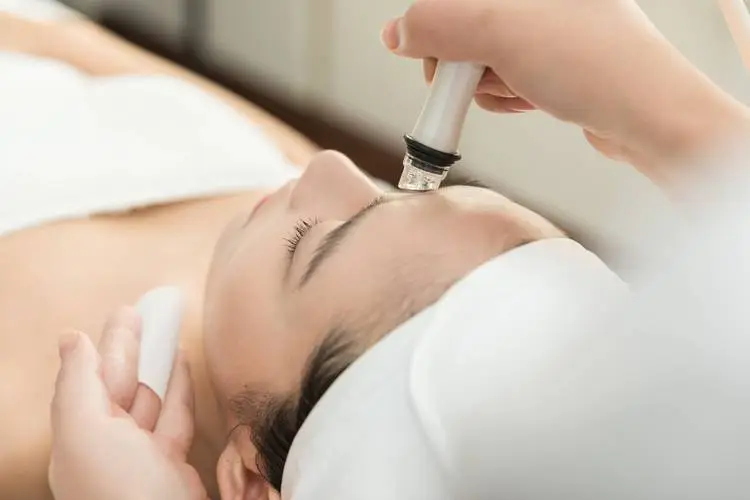
Long-term use of retinol can significantly improve the overall condition of the skin, making it look younger and healthier. Numerous studies have shown that retinol not only slows down the aging process but also repairs existing signs of aging, restoring the skin’s vitality and glow.
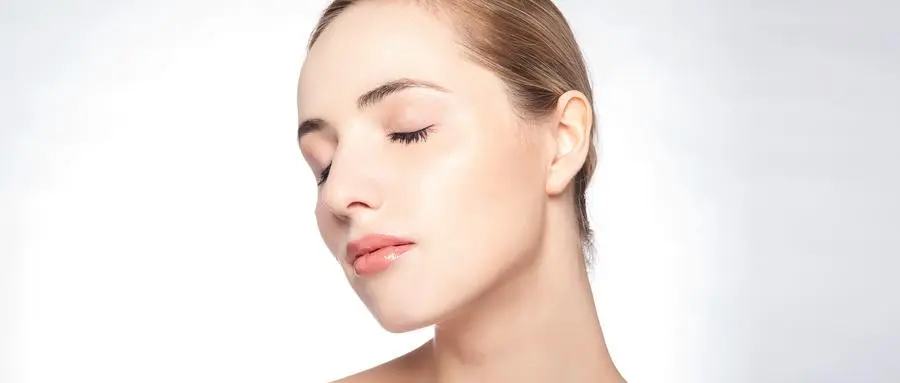
In summary, retinol stands out as a star ingredient in anti-aging skincare due to its wide-ranging benefits. By using retinol correctly and consistently, you can effectively combat the signs of aging and maintain youthful, vibrant skin.


